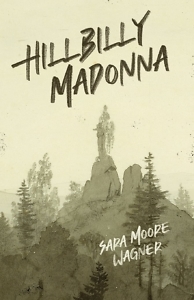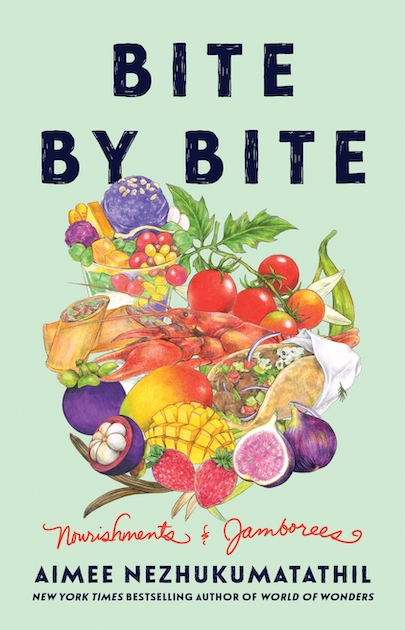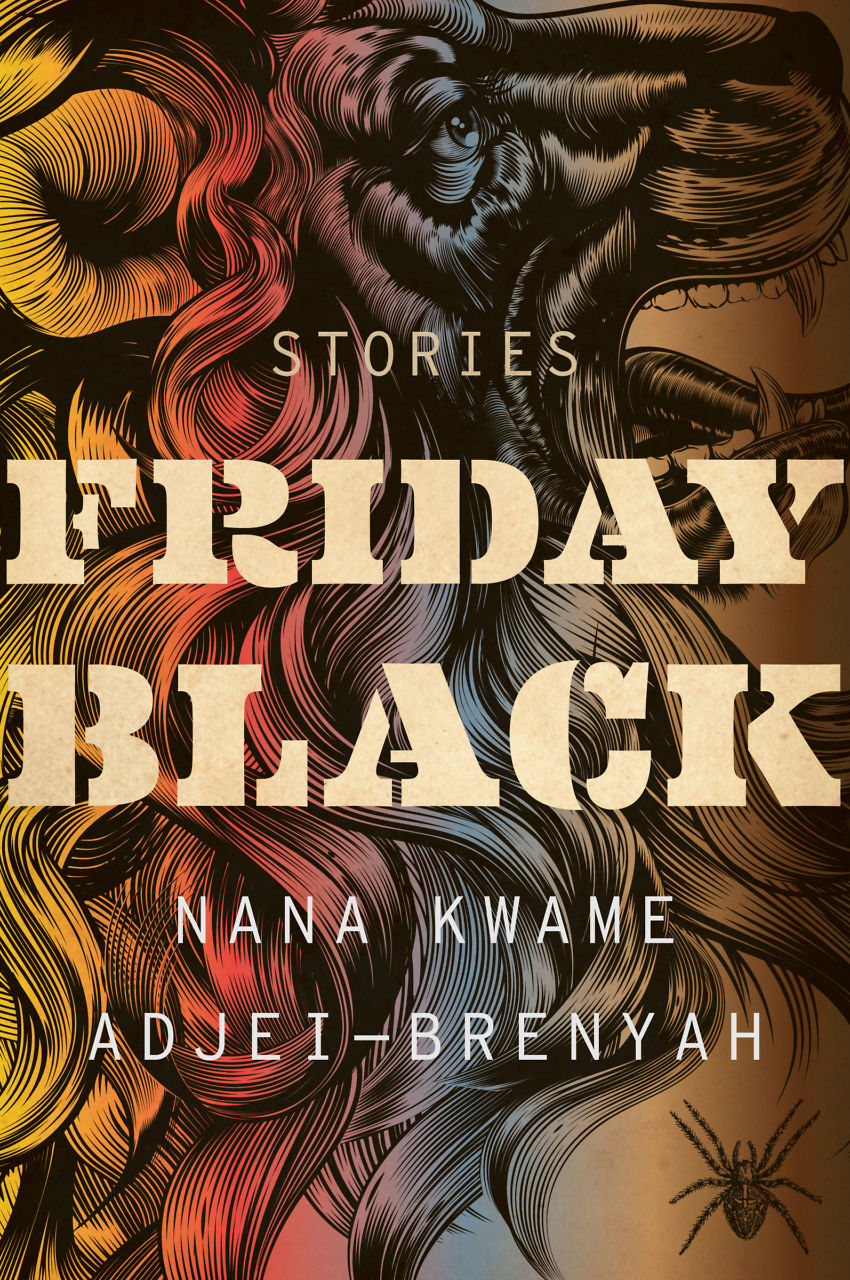How You’ll Remember You Were Made from Her
Sara Moore Wagner gives voice to the addict mother in Hillbilly Madonna
Life cycles of all kinds recur throughout poet Sara Moore Wagner’s new collection, Hillbilly Madonna. Cycles of life and death, or near-death and rebirth. The harrowing repetitions of addiction. Abuse and remorse. Ensnarement and escape. Everywhere in these poems, familial patterns assert themselves and make their influence known, evoking traumas both personal and generational.

Many of these poems speak through subjective experiences of rural girlhood. They illuminate the complex, confusing tangle of expectations (or neglect) these girls face. Wonders and threats lie close together, seemingly in every moment.
The collection’s opening poem, “Fit to be Tied,” centers the perspective of a girl paying razor-sharp attention to the fundamental bind she’s in: “No one told us / how to live as a girl would, to clean / the dirt from our toenails, shave / the holler from our limbs like scraping / paint off an old truck.”
Often, girlhood and rural wildlife become entwined in powerful ways, as in “Girl as a Deer Shedding the Velvet,” which likens the stripping away of childhood’s illusions to deer antlers’ sloughing off their temporary velvet, leaving “the red / of me so sharp and so bright, white / bone.”
Numerous poems focus on the speaker’s father, providing some of the collection’s darkest moments of failed family connection. In “Girlhood Schism,” her father takes her on a wild, muddy dune buggy ride through an overgrown holler, branches scratching her face, while she longs to be safely in her room, playing Barbies and dreaming of a more ordered domestic life. “A Waking Image, as Gretel” describes a disturbing nighttime scene of danger between a father and his children. “On Cutting Him Off” mingles rural imagery with the atmosphere of myth and fairy tale: “he is sitting in a hut in the woods, whittling / the last of my bones into a whistle he’ll use to call / his best dinner, all those pheasants and crows / from the meadow.”
But in a gentler poem, “Even If These Promises Are True,” the speaker’s father serves an offering of morels he’s foraged and prepared for his children. Once again, the cycles of nature parallel the cyclical recurrences in a family life, both dark and light.
Wagner’s Appalachian origins provide the narrative and tonal heart of this collection. In an interview with the book’s editor, included as an afterword, Wagner reveals that her father’s recent death and her mother’s powerful, evolving influence fueled the creation of this work. While her family stories play significant roles, however, Wagner emphasizes that as a poet, “I can do a burlesque. I can reveal or hide whatever I want to.”
These poems engage the darker elements of her family’s history, but the poems’ personae and narrative details serve “the greater truth,” even as they distill or conceal details of her family members’ vulnerable experiences — addiction in particular.
Opioid addiction looms large in Appalachian narratives these days, and the subject permeates Hillbilly Madonna. However, Wagner’s poems escape cliché by voicing the experience of addiction through women’s perspectives. Women are often overlooked in such stories, or drenched in especially harsh, shaming judgments. But Wagner states her purpose clearly: “This book gives a voice and a face to the addict mother, one who is struggling to find a way out.”
“What My Mother Saw” follows the haunting image of a young girl witnessing her mother’s shooting death — a tragedy that Wagner’s own mother experienced. “Protective Services” reckons with the intergenerational cost of carrying such memories and the deep desire to slip past them, to “forget my mother’s / bruised arms, the bends / of them empty as a syringe.”
“American Anesthetic” describes labor eased by pharmaceuticals, but not without judgment, highlighting the fraught business of relieving women’s pain. Immediately following is “Narcan Metamorphosis,” which details physical disasters wrought by overdose and treatment. Physiological description dovetails with memory — all of it anxious and tender, all of it likely to happen again.
 A pair of poems depicts the drug itself. “Heroin as Woman’s Work” fuses the perspective of the drug with the story of Arachne. In “Heroin as Jack the Giant Killer,” the drug takes the addict on as its mission, using its ingenuity to take its target down.
A pair of poems depicts the drug itself. “Heroin as Woman’s Work” fuses the perspective of the drug with the story of Arachne. In “Heroin as Jack the Giant Killer,” the drug takes the addict on as its mission, using its ingenuity to take its target down.
Throughout Hillbilly Madonna, motherhood serves as a central animating force, reflecting all the cycles of life and death that suffuse these poems.
Wagner follows a naturalistic poem about watching the swirl of cycling wash while her mother cleans a laundromat for extra money with “In the End We Are All Daughters,” a tumult of folktale images — ugly sister, pretty sister, and the fickle dangers of being either when a mother’s affections are at stake. “This is how to be the beauty you imagined,” she writes, “when your mother first shuttered you into the world. How you’ll remember / you were made from her.”
The desire to become a mother recurs as cherished dream, fueling her restlessness to break free from the old family patterns. “The First Time” depicts a fractured memory of pregnancy loss. “Birth Story” begins with the over-thickening of the speaker’s blood during labor, then shifts into a kind of invocation to her baby, beckoning her to “come into the light, out / of the thicket, of the thickness, / of me.”
Many experiences described in Hillbilly Madonna are ruthless and dark, but the compassion in Wagner’s approach never wavers. And that compassion is perhaps what lingers longest. In the midst of the darkest cycles of turmoil and trauma, these poems insist upon glimmers of another possible future, one reborn and unburdened.
Emily Choate is the fiction editor of Peauxdunque Review and holds an M.F.A. from Sarah Lawrence College. Her fiction and essays have appeared in Mississippi Review, storySouth, Shenandoah, The Florida Review, Rappahannock Review, Atticus Review, Tupelo Quarterly, and elsewhere. She lives near Nashville, where she’s working on a novel.


